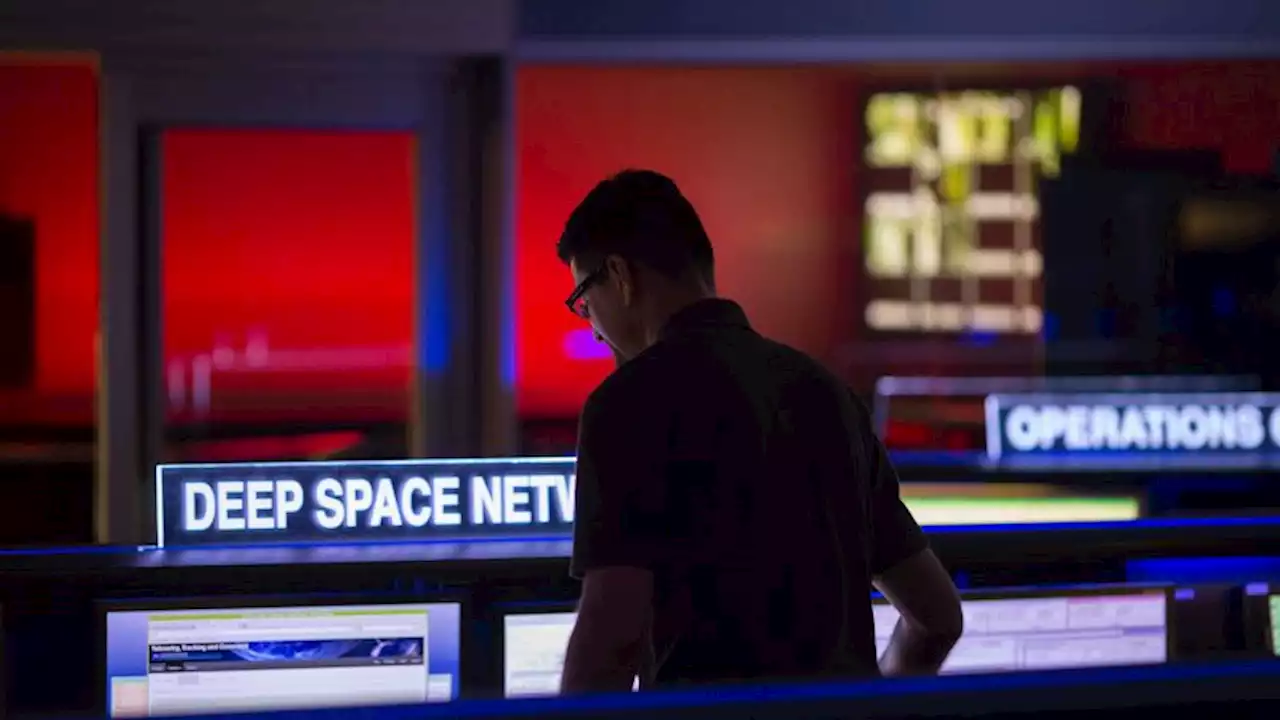The Deep Space Network is NASA’s link to the planets, and it needs additional support if we ever hope to boldly go where no one has gone before, writes Don Lincoln.
According to the venerable television show “Star Trek,” space is the final frontier. While the challenges of human space travel are daunting, if people can successfully colonize first the solar system and then the stars, our future is bright — brimming with limitless resources. We have begun the process of exploring the solar system, launching unmanned probes to lead the way. The images they beam back to us from distant planets gives us a taste of the wonders we will encounter.
However, each of those CubeSats required its own DSN link for Earth-bound technical staff to monitor its performance, which imposed a heavy load on the capabilities of the communication network. Indeed, during the 25-day-long Artemis I mission, other science-critical missions were neglected. To give a sense of the impact, the Orion spacecraft received 903 hours of DSN time, while the CubeSats consumed an additional 871 hours of DSN time.
United States Latest News, United States Headlines
Similar News:You can also read news stories similar to this one that we have collected from other news sources.
 Deep Space Nine Wouldn't Work Without Star Trek's Chief O'BrienMiles O'Brien: Star Trek's working-class hero.
Deep Space Nine Wouldn't Work Without Star Trek's Chief O'BrienMiles O'Brien: Star Trek's working-class hero.
Read more »
 SpaceX Cements Status as Space Gatekeeper Even as ULA Launches Space FlightA ULA space launch went off successfully Sunday morning after being pushed back a couple of times. The whole episode shows why SpaceX has such an edge in,...
SpaceX Cements Status as Space Gatekeeper Even as ULA Launches Space FlightA ULA space launch went off successfully Sunday morning after being pushed back a couple of times. The whole episode shows why SpaceX has such an edge in,...
Read more »
 NRO and Space Force launch 'watchdog' satellites to monitor potential adversaries in spaceThe National Reconnaissance Office says the 'Silent Barker' satellites will keep tabs on potentially threatening adversary spacecraft.
NRO and Space Force launch 'watchdog' satellites to monitor potential adversaries in spaceThe National Reconnaissance Office says the 'Silent Barker' satellites will keep tabs on potentially threatening adversary spacecraft.
Read more »
 No One Owns Outer Space, But Could Space Mining Change That?Led by the U.S., a handful of countries has sought to encourage a growing space mining industry, which could challenge old assumptions about a solar system 'for all mankind.'
No One Owns Outer Space, But Could Space Mining Change That?Led by the U.S., a handful of countries has sought to encourage a growing space mining industry, which could challenge old assumptions about a solar system 'for all mankind.'
Read more »
